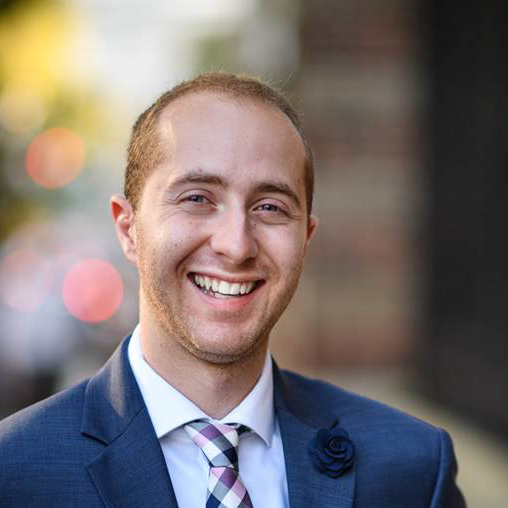
Some Thoughts On Teaching
This page is designed to give you, my students, insight into some of the teaching decisions I make. In any given session or assignment, some of these may not apply, but they indicate my general philosophy and approach to teaching.
-
Why do you require students to opt-out of having the cameras on? Why do you remove students from the class who fail to ask for an exception or turn their camera on?
Passively watching a really good lecture can be fun, but research shows that students learn far more if they’re actively engaged in some fashion.
Unfortunately, nothing kills engagement in a class like a sea of black squares. In particular, if a significant number of individuals turn their cameras off, this creates a norm of non-participation, which snowballs to create the sea of black.
When cameras are off, I also can’t easily tell how you are responding to material which is how I adjust both my tone and content.
On a personal note, I also find it much harder to deliver material in a compelling way without the element of feedback you provide. As a result, I believe this policy results both in more learning and more enjoyable learning for all of us.
-
Why do you cold call?
Cold calling as many students to receive personal attention as possible, including those who might not naturally volunteer.
I also believe that socratic dialogue, (as exemplified by practice in the American law school classroom), is a powerful way to learn. It forces you to think at a higher level and synthesize material in-the-moment. While harder and more frustrating than rote learning, I believe it pays significant dividends.
It comes back to a culture of participation, which helps ensure a lively classroom discussion which in turn promotes active learning.
Cold calling allows me to build personal relationships with you. Even these fleeting moments of interaction stick in my head and serve as an anchor to help remember you in future.
-
What is this active learning junk? Quizzes in class? Case studies? I just want good lectures.
While I make every effort to ensure occasional hilarity, clear delivery, and doses of inspiration, ultimately my job is to help you learn.
Educational research (and common sense) suggests that this generally requires some form of action by students beyond just listening to delivered materials. Surveys indicate that students dislike classrooms structured around this paradigm—potentially because it makes you work harder! However, while I am skeptical of much of educational research, I think there is enough weight to suggest approaches that draw from active learning.
-
Why the tough assessments that take so much time to understand?
I am generally not a fan of assessment used for allotting grades. Grades are incredibly noisy measures of learning and are too closely linked in time to when material is taught. As an educator, my goal is to help you make long term impact and growth—not achieve a particular set of numbers on an institutional form.
To this end, I believe assessment is best used as a form of learning. A form of learning in which there are both intrinsic and extrinsic motivator to work hard and learn lots. My assignments are thus styled to teach something new, and require significant cognitive work beyond the application of materials from lecture.
Given we inhabit the same reality where grades unfortunately matter, I work to ensure that you are not disadvantaged by my style of assessment—however this requires you to put in effort in return.
-
Why do you seem so personally offended by cheating?
I care a great detail not just about the class as a whole, but about all of you individually. I put many extra hours into ensuring that you learn as much as possible and receive every measure of support to help you succeed—including on a one-to-one level where needed. When a student cheats, that devalues both of our efforts. If you’re in my class, I am confident you can succeed. Cheating short-circuits the learning process, harming your future, wasting your potential, and wasting my time.
-
Which teachers inspire you?
David Hoffman, a contract law professor at the University of Pennsylvania Law School runs the best socratic class I have encountered. His classes are jocular and full of comedic reference—but what sets them apart is the attention he pays to the learning of each individual student and the power of his material to engage.
David Malan, who teaches CS50 at Harvard University is also a key inspiration. His use of physical presentation techniques, technology, and boundless energy all drive me to make class more than a one-hour monologue. His style constantly drives my thinking about how to teach better. He offered a MOOC of his class that was one of my first exposures to formal CS training.
Though I never had the chance to study under him, Rajiv Gandhi is a lecturer out of modern folk-lore, memorizing the names of hundreds of students and inspiring them with stories outside the classroom. He reminds me of the importance of a personal touch (and learning all your names).
The common thread with all these teachers is how they make the impersonal deeply personal. This is one of my most important goals as an educator. They all maintain relationships with students long after semesters end—a testament to their enduring impact.
I have been the beneficiary of many other wonderful teachers too, and will gladly speak of them for hours on request.
-
Why the silly songs and videos during class?
Do you really have to ask?